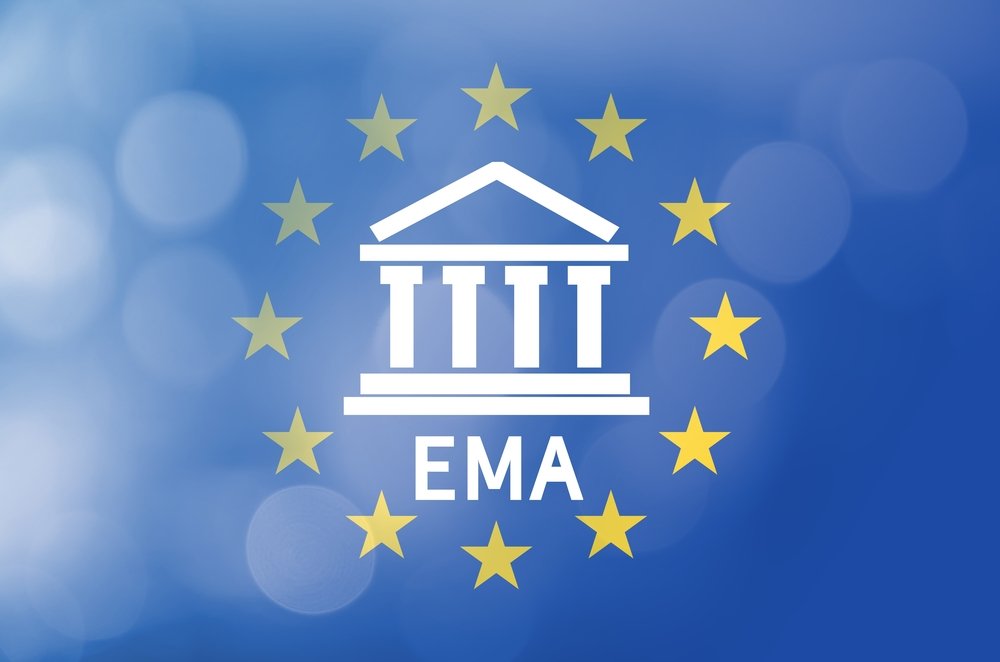Investigational Gene Therapy KB103 Receives Priority Designation in Europe for Dystrophic Epidermolysis Bullosa
Written by |

The topical gene therapy candidate KB103 to treat dystrophic epidermolysis bullosa (DEB) has been granted PRIME (PRIority MEdicines) designation by the European Medicines Agency (EMA).
KB103 is a gene therapy candidate developed by Krystal Biotech to deliver a functional COL7A1 gene directly to skin cells using a modified and safe herpes simplex virus. Mutations in the COL7A1 gene are the underlying cause of DEB and lead to a defective production of COL7 protein, causing layers of the skin to separate and form blisters.
PRIME designation is given to candidate therapies with promising clinical data showing their therapeutic potential for diseases of high unmet medical need. The designation helps speed clinical development and review of the application for approval with the ultimate goal of delivering new therapies for rare and serious diseases to patients more quickly.
KB103’s PRIME designation was based on preliminary results from the ongoing GEM-1 Phase 1/2 study (NCT03536143) and additional non-clinical data. The six-month study enrolled four DEB patients — two adults and two children — at Stanford University.
On each participant, three chronic wounds of up to 20 cm2 in surface area were selected for treatment — two were randomly chosen to be treated with KB103, while the third wound received a placebo. Treatment was applied for the first five days, and again at day 30, 60, and 90 if wound signs remained visible.
The study’s primary goal was to assess healing after KB103 treatment — measured as the time to wound closure and the amount of time it remained closed — compared with a placebo. Changes in wound surface, compared with the start of the treatment and placebo-treated wounds, were also assessed after six months using imaging techniques to record wound healing.
Secondary objectives included patient reports about pain and its severity, and the investigator’s global assessment scale to evaluate response to treatment. Levels of COL7 and the presence of anchoring fibrils — an indicator of skin integrity — were also monitored.
Preliminary results from the two adults, 35 and 28 years old, showed that topical treatment with KB103 promoted wound closure within two weeks, compared with 10 weeks for placebo-treated wounds. The effects were sustained for at least 3.5 months, and no safety issues were reported.
GEM-1’s completion is expected during the first half of 2019, and a Phase 3 trial is planned for the second half of 2019.
“We are excited to receive PRIME eligibility for KB103. Not only does this validate the importance of a truly transformative treatment for DEB but also allows us to work closely with the EMA to optimize our development plan and help us bring KB103 to patients as quickly as possible,” Suma Krishnan, founder and chief operating officer of Krystal Biotech, said in a press release.
KB103 has also received orphan medicinal product designation in Europe and fast track designation in the U.S. for the treatment of DEB. The two designations are meant to expedite and support the development, regulatory review, and approval of KB103.





